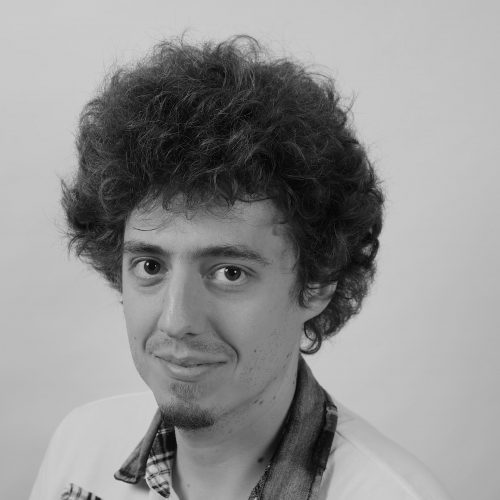Salient translates the latest insights from behavioural science into practical solutions, providing a new perspective and approach to business, policy, and design challenges.
Key to this approach is the rigorous testing and measurement of our designed solutions to ensure they are relevant, meaningful and impactful for our clients.





